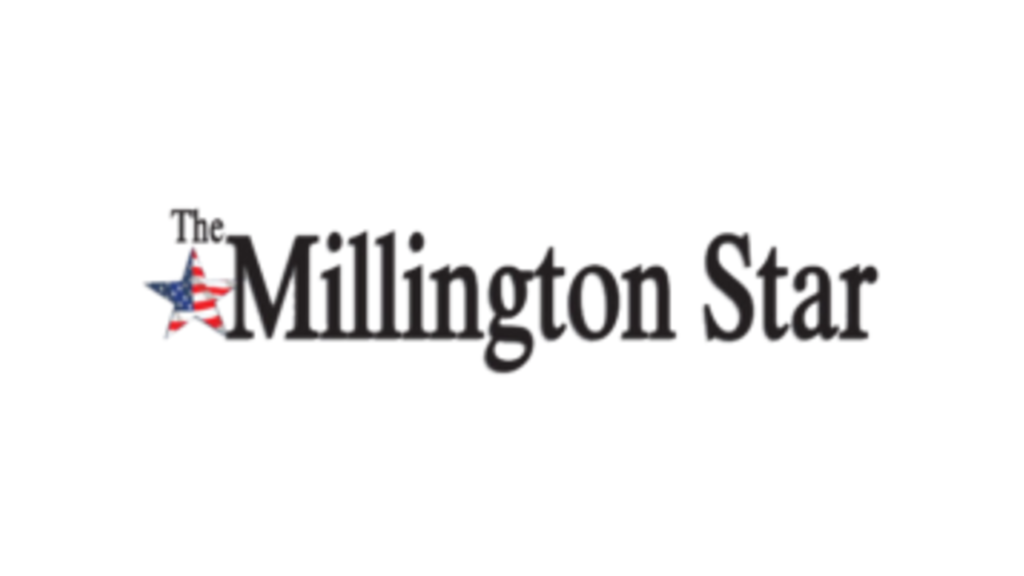 Menu
Menu
Star Staff Reports
 Veterans, members of armed forces have student aid options Veterans and members of the U.S. armed forces may be able to take advantage of numerous student financial aid programs, according to KHEAA. They include the: ·Montgomery GI Bill (Active Duty), available to armed forces members and some National Guard members who served on active duty.
Veterans, members of armed forces have student aid options Veterans and members of the U.S. armed forces may be able to take advantage of numerous student financial aid programs, according to KHEAA. They include the: ·Montgomery GI Bill (Active Duty), available to armed forces members and some National Guard members who served on active duty.
For more information, visit www.benefits.va.gov/gibill/mgib_ad.asp.
·Post-9/11 GI Bill, available to those who served at least 90 days of active duty after September 10, 2001. Those who were honorably discharged after serving 30 continuous days of active duty after that day are also eligible. For more information, visit www.benefits.va.gov/gibill/. ·Federal Tuition Assistance, for active duty members of all branches of the armed forces, including the Coast Guard, National Guard and Reserves. For more information, contact the college financial aid office or the unit education officer.
·Montgomery GI Bill (Selected Reserve), available to members of the Reserves or the National Guard who have a six-year service obligation. For more information, visit www.benefits.va.gov/gibill/mgib_sr.asp.
KHEAA is a public, non-profit agency established in 1966 to improve students’ access to college. It provides information about financial aid and financial literacy at no cost to students and parents. KHEAA provides the ThinkAhead Net Price Calculator to universities and colleges. The calculator, available on a school’s website, lets students and parents determine their out-of-pocket costs for attending that school. KHEAA also helps colleges manage their student loan default rates and verify information submitted on the FAFSA. In addition, KHEAA disburses private Advantage Education Loans on behalf of its sister agency, KHESLC.
For more information about Advantage Education Loans, visit www.kheslc.com.
Money Tips for Students
Dealing with debt collectors If you’re having trouble paying your student loans and other debts, you may be contacted by a debt collection agency. Don’t try to dodge a collector. It’s in your best interest to work with the agency to work out a payment schedule so you can pay your debts and start to reestablish your credit. Most collection agencies abide by the law, but you may be contacted by one that doesn’t. In that case, you should know your rights and responsibilities, according to KHEAA. The agency must tell you the amount requested and the name of the creditor, as well as what to do if you don’t think you owe the money. An agency trying to collect a debt may not make threats, use tricks to try to get someone to pay or make calls late at night. If you think a collection agency has violated the law, you can file a complaint with the Consumer Financial Protection Bureau at www.consumerfinance.gov. KHEAA is a public, non-profit agency established in 1966 to improve students’ access to college. It provides information about financial aid and financial literacy at no cost to students and parents. KHEAA provides the ThinkAhead Net Price Calculator to universities and colleges. The calculator, available on a school’s website, lets students and parents determine their out-of-pocket costs for attending that school. KHEAA also helps colleges manage their student loan default rates and verify information submitted on the Free Application for Federal Student Aid (FAFSA).
In addition, KHEAA disburses private Advantage Education Loans on behalf of its sister agency, KHESLC. For more information about Advantage Education Loans, visit www.kheslc.com.




